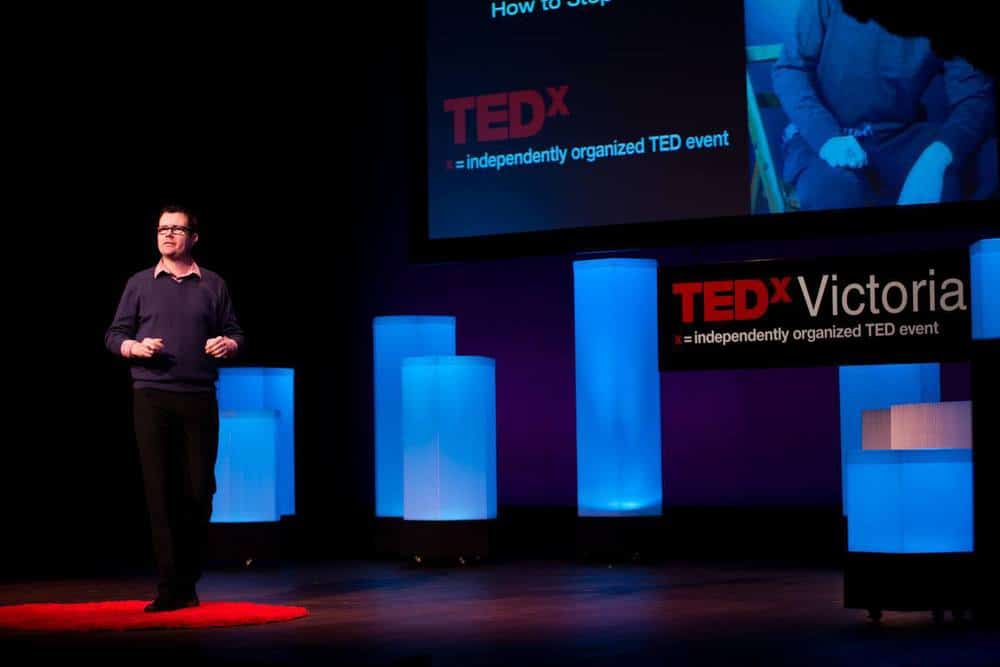
The following is a transcript of the three-minute talk I gave at TEDx Victoria on 11/16/13. I had a great time there, taking in a ton of stellar talks from a variety of great thinkers and “ideationists”. If you were there, thank you for being part of the experience. If you weren’t, hopefully the words below will at least partially live up to the TED motto: Ideas worth spreading.
One of the biggest barriers when it comes to being productive is the notion that we simply “don’t have enough time”. With all of the responsibilities and flow of information coming our way, there’s good reason that this notion exists – and is held by many.
But there’s a way to escape that notion and I believe that this way to escape is something that is starting to emerge (and needs to emerge) in our society.
What is it? What is that way to escape? It’s simple.
We have to stop time.
But how do we do that?
I’ll get there. But first, I’d like you to imagine yourself in…a casino. What’s the one thing that is missing among all the noise and visuals?
A clock. Clocks are nowhere to be found. Why?
Because the casino wants you to focus more on the task at hand and less on the time you’re spending on the task. It’s up to you to manage the task as you see fit, which hopefully doesn’t involve you going broke in the process.
In order to be more productive and get to the good stuff – the stuff that we really want to do – we have to stop using a time-based mindset. We have to stop focusing on being ruled by time and start focusing on being ruled by task instead. Being ruled by time leaves you dealing with items of urgency. Being ruled by task allows you to deal with items of importance.
So…how do you shift from a time-based mindset to a task-based mindset?
Going without a watch for a week is a great place to start. If you go even longer, you may find — as I did — that you get pretty good at gauging the time of day based on what you’ve done rather than by looking at a timepiece.
The ideal scenario for one’s personal productivity is to be both efficient and effective – not forsaking one for the other.
So stop worrying about due dates and start making every date a “do date”. Pay more attention to the “what” and less attention to the “when”. Focus on the quality of what you do rather than the quantity of what you do.
That’s how you stop time in its tracks.
Photo credit: Keri Coles

